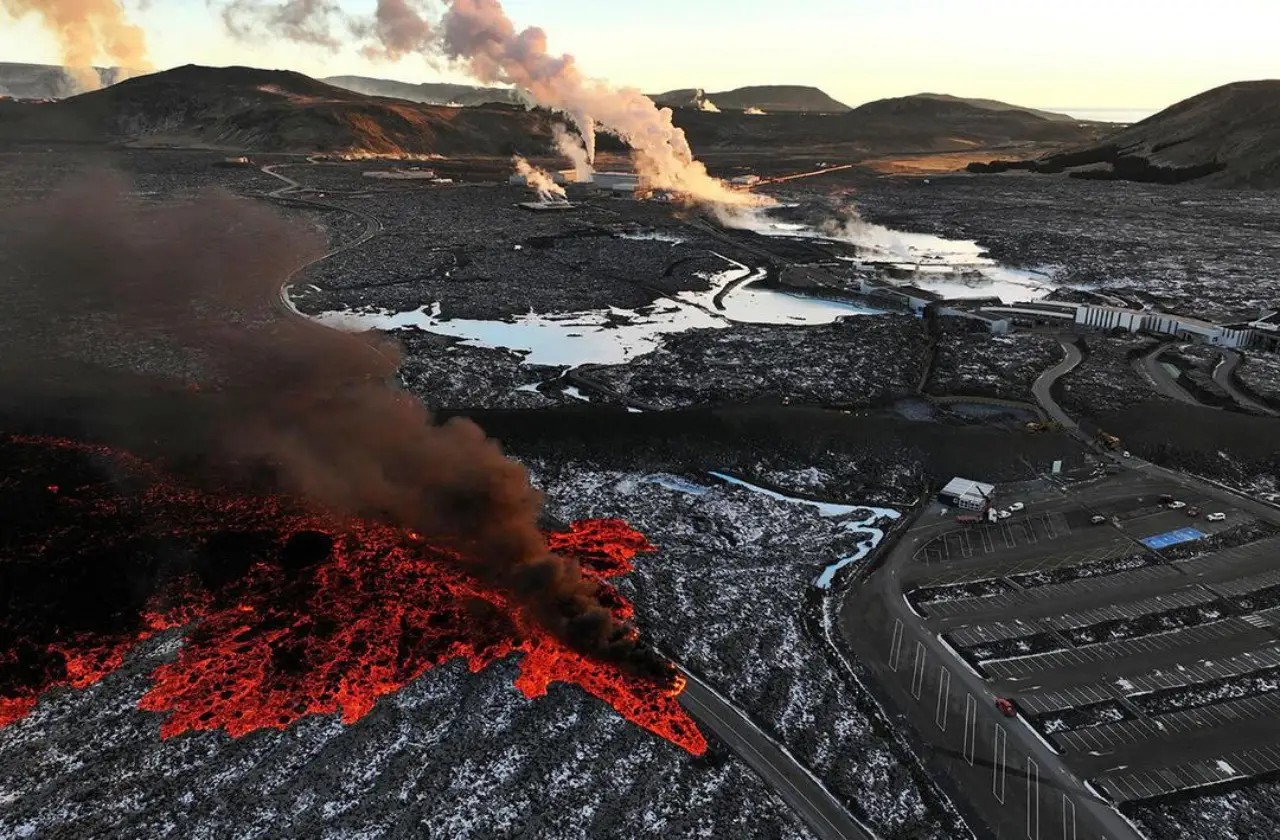In an unprecedented revelation from the Copernicus Climate Change Service (C3S), July 2023 is set to be the hottest month ever recorded, marking a concerning acceleration in the global warming trend largely driven by human activity.
According to the latest data released by C3S, an EU-funded agency, the initial three weeks of July have already set a record as the warmest three-week period. The agency has warned that the entire month is on track to surpass previous records, establishing itself as both the hottest July and the hottest month ever noted in recorded history.
This alarming trend is causing chaos globally, with intense heatwaves impacting vast regions of North America, Asia, and Europe. Alongside soaring temperatures, catastrophic wildfires have sparked across various countries, including Canada and Greece. The intense weather and wildfire conditions are posing significant threats to public health, the environment, and national economies.
Addressing the issue, United Nations Secretary-General António Guterres stated in a recent press conference, “For vast parts of North America, Asia, Africa, and Europe – it is a cruel summer. For the entire planet, it is a disaster. And for scientists, it is unequivocal – humans are to blame. The only surprise is the speed of the change.”
C3S data follows on the heels of the hottest June ever recorded, suggesting an alarming continuity in the global warming trend. Carlo Buontempo, Director of the Copernicus Climate Change Service (C3S), commented on the situation, stating, “Record-breaking temperatures are part of the trend of drastic increases in global temperatures. Anthropogenic emissions are ultimately the main driver of these rising temperatures”. He further warned that “July’s record is unlikely to remain isolated this year, C3S’ seasonal forecasts indicate that over land areas temperatures are likely to be well above average.”
In an attempt to project future trends, the World Meteorological Organization (WMO), incorporating data from C3S and five other international datasets, predicts a disturbing likelihood of continued heat records. According to their estimates, there is a 98% likelihood that at least one of the next five years will break the record for being the warmest on record and a 66% chance of temporarily exceeding 1.5°C above the 1850-1900 average for at least one of those years.
However, this does not mean we are inevitably set to breach the 1.5°C level specified in the Paris Agreement, which refers to long-term warming over many years. World Meteorological Organization’s Secretary-General, Prof. Petteri Taalas, emphasized the necessity of immediate action, “The extreme weather which has affected many millions of people in July is unfortunately the harsh reality of climate change and a foretaste of the future. The need to reduce greenhouse gas emissions is more urgent than ever before. Climate action is not a luxury but a must.”
China set a new national temperature record of 52.2°C on 16 July (Turpan city in China’s Xinjiang province), according to the China Meteorological Administration.
The temperature record for continental Europe of 48.8°C (119.8°F) measured in Sicily on 11 August 2021 was not broken during the July heatwaves.
The US city of Phoenix in Arizona on 30 July reported 31 consecutive days with a maximum daytime temperature of at least 110 °F (43.3 °C).
Amidst these alarming revelations, it’s clear that the fight against climate change needs to be accelerated. Swift and effective action to reduce greenhouse gas emissions and adopt more sustainable practices is more urgent than ever if we hope to mitigate the worst impacts of our rapidly warming planet.













